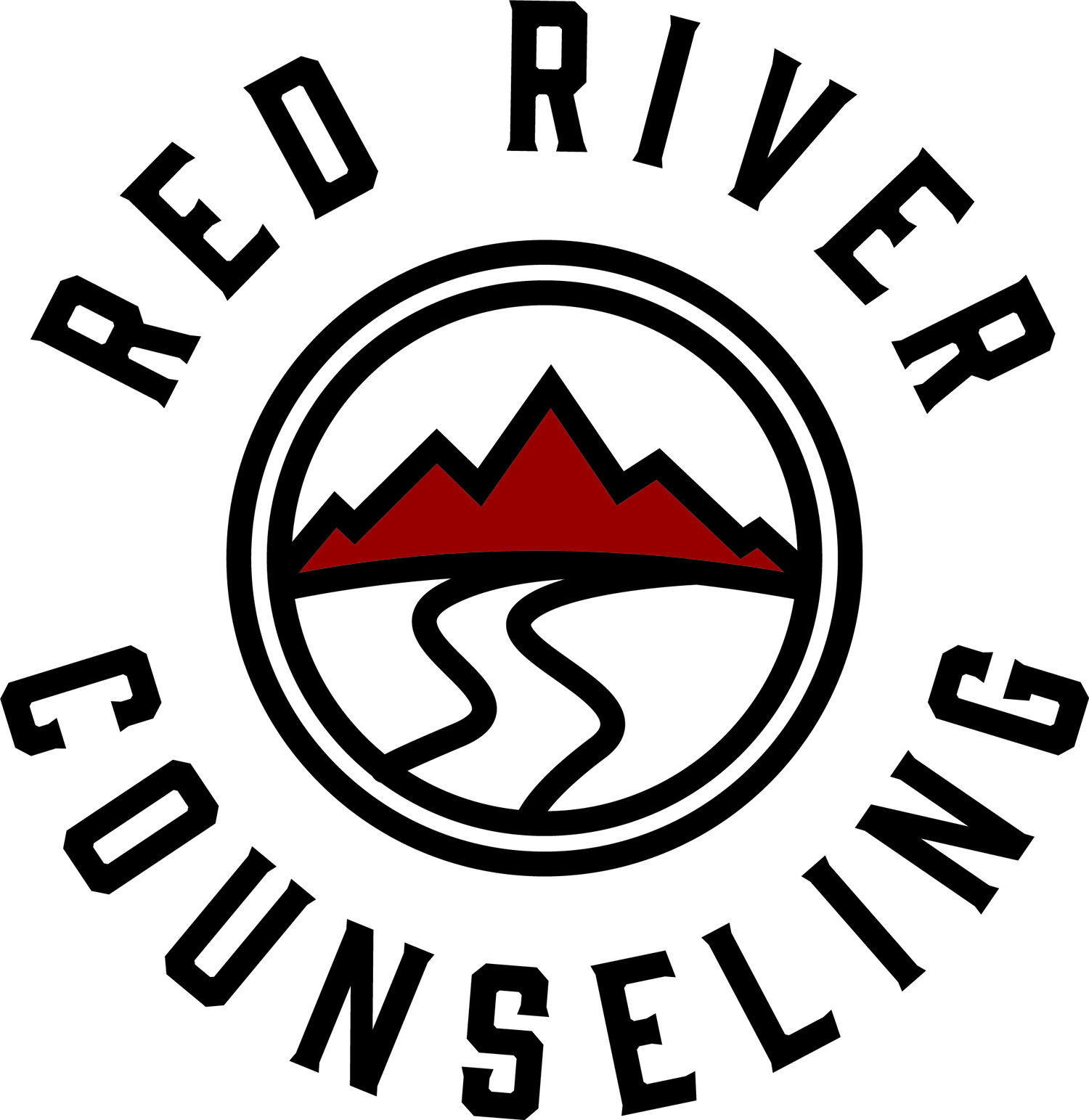Step 3 requires you to investigate the nature and various dimensions of the ethical issue.
Part 1: Consider which of the ethical principles are at risk of having been violated.
Is this issue related to the ethical principles of autonomy, justice, beneficence, nonmaleficence, fidelity, or a combination? You will need to determine which area to prioritize with your focus going forward. The following video discusses each principle in brief.
Part 2: Review professional literature.
In order to make sure that your thinking about the ethical issue is in line with current professional thinking, you will need to investigate current professional literature. This may involve looking through the book you used in your counseling ethics course (or the most recent version). It may also involve looking at current articles related to the ethical dilemma.
In case you are unfamiliar with searching for professional journal articles, the short video below discusses how to search for professional literature using Google Scholar.
Part 3: Consult with Other Professionals
If you are not in a group where consultation is available, or where consultation may not be safe due to the nature of the ethical dilemma, you may want to reach out to a licensed supervisor and request a consultation. The guide below can guide you through your consultation.
Part 4: Consult with your state and/or national associations.
Many national associations provide free consultation as a part of your membership. For instance, if you are a member of the American Counseling Association, you can contact them at (800) 347-6647, ext. 321 or email ethics@counseling.org. You may also consider calling or emailing your states licensure board for further resources.
After you have determined the ethical dilemma, move on to Step 4.



